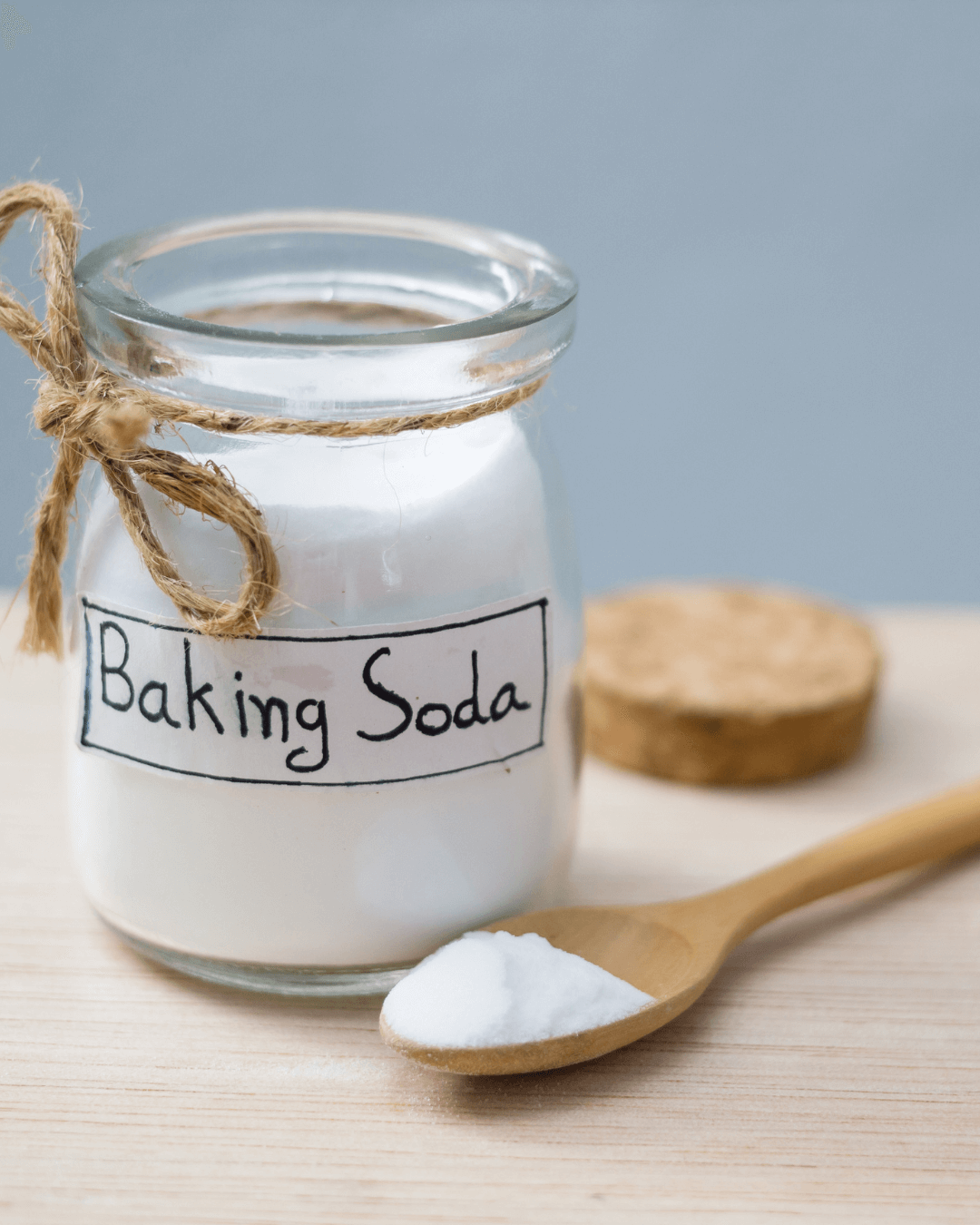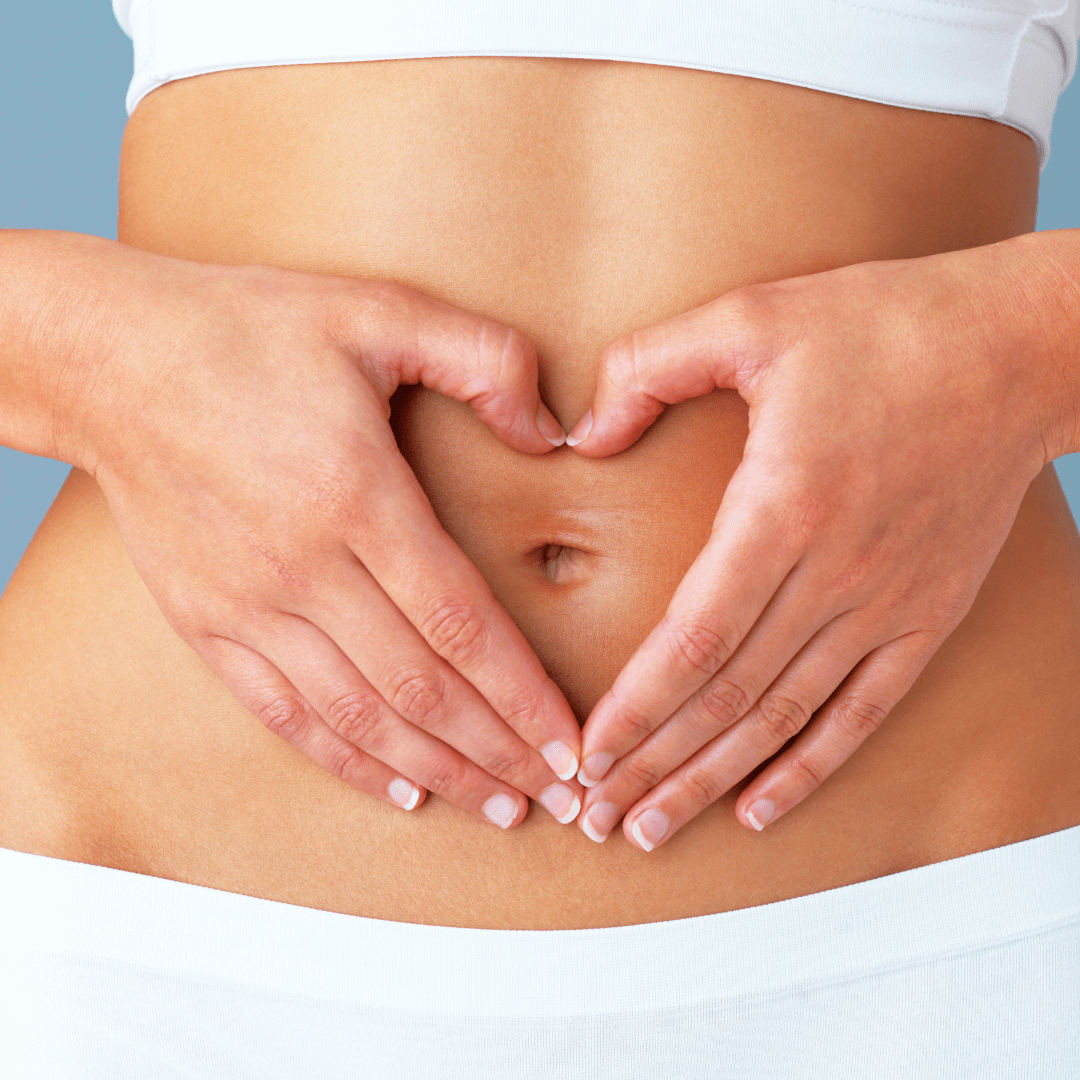In our continuous journey through natural remedies and health hacks, it's remarkable how often we return to the basics. Among these, baking soda — a basic kitchen staple, often relegated to the back of the cupboard, comes forward as a potent solution for a variety of health concerns. This unassuming white powder, scientifically known as sodium bicarbonate, harbors an array of benefits, particularly for stomach health. With just a teaspoon dissolved in water, transforms into a powerful ally against some of the most common and uncomfortable digestive issues.
The magic of baking soda and water lies in its ability to quickly neutralize stomach acid, offering relief from the discomfort of acid reflux and heartburn. It's a remedy that dates back generations, as a natural and straightforward solution to health problems. Beyond its acid-neutralizing capabilities, it's anti-inflammatory properties make it a great tool in calming an upset stomach and reducing bloating, providing a gentle, yet effective, approach to improving digestive well-being.
However, the benefits of baking soda and water extend beyond just symptom relief. Its role in maintaining the body's pH balance positions it as a key player in overall gut health, promoting better digestion and absorption of nutrients. It will become clear that baking soda is not just a household item, but a cornerstone of a holistic approach to health. Yet, as with all remedies, it must be used wisely. Let's sift through the evidence into how it can soothe and support our digestive systems, and uncover the truth behind it's stomach-soothing properties.

History
Dating back centuries, various cultures utilized sodium bicarbonate, the active ingredient in baking soda, to alleviate digestive discomfort. Ancient Egyptians employed it to aid digestion, while Native Americans used it to soothe stomachaches. It was recognized well before modern science validated its antacid properties. Today, registered dietitians affirm its safety when consumed appropriately.
What does baking soda do for the body?
Essentially, it reduces acidity. Drinking water mixed with a spoonful of baking soda can help alleviate indigestion. This is because it acts as a base that neutralizes acidity in certain conditions, effectively lowering the pH of an acidic solution.
Drinking a spoonful dissolved in a glass of water offers several health benefits due to its basic (alkaline) properties and its interaction with the body's pH levels. Here are five reasons to consider this simple remedy:
- Relieves Indigestion and Heartburn: It neutralizes stomach acid, providing quick relief from indigestion and heartburn. This makes it an effective, natural alternative to over-the-counter antacids.
- Enhances Physical Performance: For athletes, it acts as an ergogenic aid, improving endurance and delaying muscle fatigue. This is because it helps buffer the lactic acid build-up in muscles during intense exercise.
- Improves Kidney Function: It helps the kidneys by aiding in the removal of excess acid from the body. This is particularly beneficial for people with chronic kidney disease, helping to slow the condition's progression.
- Alleviates Urinary Tract Infections (UTIs): By making the bladder environment more alkaline, it alleviates the discomfort associated with UTIs. This environment can inhibit the growth of bacteria causing the infection.
- Maintains Oral Health: Gargling with a baking soda and water solution helps neutralize oral acids, reducing the risk of tooth decay and gum disease. It also helps in whitening teeth and freshening breath.

What could happen if I drank too much?
Like any antacid, an overuse can lead to the neutralization of stomach acid. This, in turn, might prompt your stomach to produce additional acid as a countermeasure, leading you into a cycle of consuming more baking soda to mitigate the discomfort. Therefore, it's important to moderate your intake to avoid this counterproductive cycle.
How much baking soda should I drink?
The safe amount of baking soda consumption can vary based on individual health conditions and dietary needs, but a general guideline is that adults should consume no more than 1/2 teaspoon dissolved in a glass of water per day. This recommendation is primarily for occasional relief from heartburn, indigestion, or similar issues. For specific uses like improving athletic performance or as a supplement for kidney health, the dosages might differ and should only be used under the guidance of a healthcare professional.
It's crucial to remember that long-term or excessive use can lead to alkalosis, electrolyte imbalances, and other health issues. Pregnant women, children, and individuals with certain health conditions such as high blood pressure, kidney disease, or those on prescription medications should consult a healthcare provider before consuming baking soda as a remedy.




